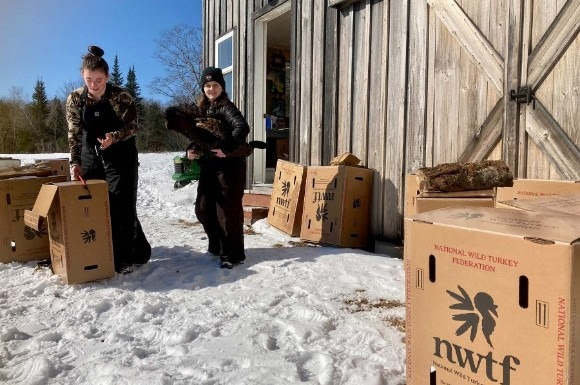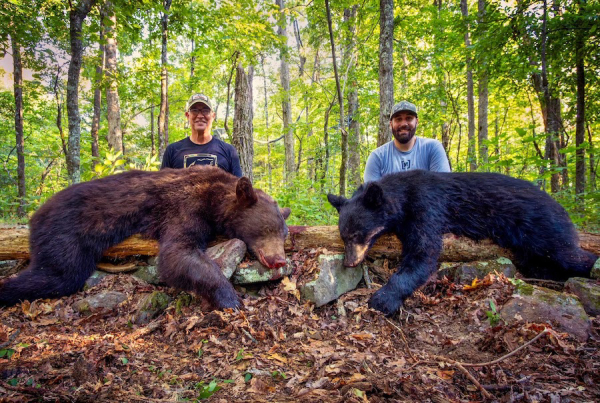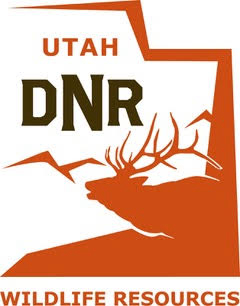HSUS Manipulates Judicial System in Attempt to Muzzle Biologists
GW: Nothing new here about those that would change man’s relationship with animals by any means to thwart the only means to genuine conservation: hunting.
On top of spending millions of dollars to buy the Question 1 ballot initiative, the Humane Society of the United States (HSUS) is also trying to muzzle the most trusted source of information about bears in Maine, the Department of Inland Fisheries and Wildlife (IF&W). On Sept. 30, Mainers for Fair Bear Hunting sued the department because the agency is telling voters that unregulated bears pose a significant risk to public safety.
“From the start, the wildlife management professionals have been opposed to Question 1,” said Evan Heusinkveld, USSA vice president of government affairs. “They have made sure that people know that bears are dangerous predators, especially when in close proximity to people.”
Banning the most effective means to control the state’s bears will lead to an exploding population and a drastic increase in dangerous human-bear conflicts. All across the country people are being attacked by bears, and those states don’t have nearly as many bears as Maine does. That is why Question 1 is dangerous, and that is what HSUS does not want the public to hear.
On Thursday, Oct. 8, Mainers for Fair Bear Hunting asked the court for a temporary restraining order in an effort to pull TV ads off the air featuring wildlife agency personnel and their opposition to Question 1.
“The antis know that the biologists and game wardens are a trusted source of information for Maine voters, so now they are hoping to find an activist judge who will clean up their mess,” said Heusinkveld. “Not only is it the responsibility of the Department of Inland Fisheries and Wildlife to explain to voters how this would impact them, it would be negligent if they didn’t speak up. This issue truly is a concern for public safety and we’re proud the department has taken the initiative to stand up and speak out about the danger Question 1 poses to all Mainers.”
Maine voters are in agreement. A public opinion poll, conducted on October 5 and 6, showed that 69 percent of respondents said the department should be allowed to comment, while just 18% disagreed.
Despite this overwhelming support for the department’s position, the fate of the TV ads, and ultimately the campaign, could rest in the hands of a Portland judge. If she chooses to take down the ads being run by the Maine Wildlife Conservation Council, the public will be denied hearing from the only bear experts in Maine. If common sense prevails and the department is allowed to continue to speak out about the dangers of Question 1, then voters will head to the polls with an understanding of how their vote will impact both bears and public safety. It is that message that the antis are afraid for voters to hear.
“After throwing more than two-million dollars into this campaign, I guess it’s not surprising to see our opponents try to steal a victory through the courts.” said Heusinkveld.






